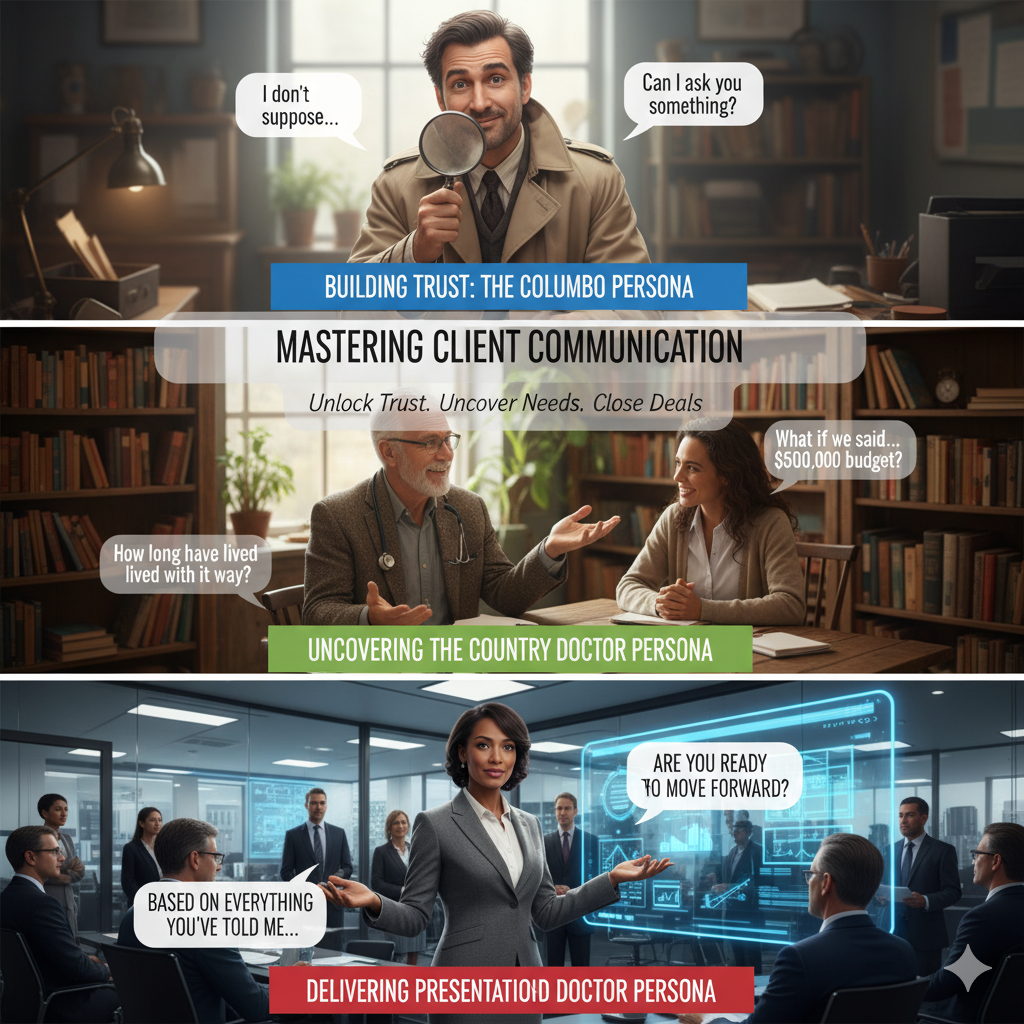Mastering Sales Negotiations with Tactical Empathy

Unlock the Secrets to Closing Deals Effectively While Ensuring Clients Feel Genuinely Understood and Valued
The Power of Tactical Empathy in Sales
In the competitive world of sales, understanding your client's needs is paramount. Tactical empathy, a concept popularized by former FBI negotiator Chris Voss, involves deeply empathizing with your counterpart's situation. It's about acknowledging their fears, concerns, and aspirations to create a rapport that fosters trust. By demonstrating genuine empathy, you can make clients feel heard and valued, which opens the door to more meaningful and productive negotiations.
Tactical empathy goes beyond traditional sales techniques. It requires active listening and the ability to read between the lines. For instance, when a client expresses hesitation about a deal, instead of pushing harder, take a step back and explore their concerns. Statements like, "It seems like you're worried about the implementation timeline," can make a significant difference. This approach not only diffuses tension but also paves the way for a solution-oriented discussion.
Mastering the Art of Mirroring and Matching
Mirroring and matching are powerful tools in the arsenal of any seasoned salesperson. These techniques involve subtly mimicking your client's behavior, language, and tone to build rapport and make them feel more comfortable. In the context of sales, mirroring can be as simple as repeating the last few words your client said, which encourages them to elaborate. This technique, often seen in successful hostage negotiations, can reveal crucial information that might otherwise remain hidden.
Consider a scenario where a client says, "I'm not sure about the ROI on this investment." A mirrored response would be, "You're not sure about the ROI?" This invites them to delve deeper into their concerns, providing you with valuable insights to address their needs effectively. Remember, the goal is not to manipulate but to create a natural and trusting dialogue that leads to mutually beneficial outcomes.
Using Calibrated Questions to Steer Conversations
Calibrated questions are open-ended queries designed to guide the conversation without provoking defensiveness. These questions typically start with "how" or "what" and are instrumental in transforming a negotiation from a confrontational exchange to a problem-solving session. For example, instead of asking, "Why can't you increase your budget?" you might ask, "What challenges are you facing with the current budget?"
The power of calibrated questions lies in their ability to shift the focus from positions to interests. They encourage clients to think critically about their constraints and explore possible solutions collaboratively. One of the most effective calibrated questions is, "How am I supposed to do that?" This question not only demonstrates empathy but also prompts the client to consider your perspective, fostering a more balanced negotiation dynamic.
Building Rapport and Trust through Active Listening
Active listening is the cornerstone of effective communication and negotiation. It involves fully concentrating, understanding, and responding to your client's words. By actively listening, you can identify key concerns and address them proactively. This technique is not just about hearing words but understanding the emotions and intentions behind them.
A practical approach to active listening includes using labels to validate your client's feelings. Phrases like, "It sounds like you're really concerned about the project's timeline," can reassure clients that you are attuned to their needs. Additionally, employing silence strategically can give clients the space to express themselves more openly, leading to a deeper understanding of their priorities.
In conclusion, mastering advanced sales negotiation techniques such as tactical empathy, mirroring, calibrated questions, and active listening can significantly enhance your ability to close deals. These strategies not only help in achieving sales targets but also ensure that clients feel respected and valued, laying the groundwork for long-term relationships built on trust and mutual success.

